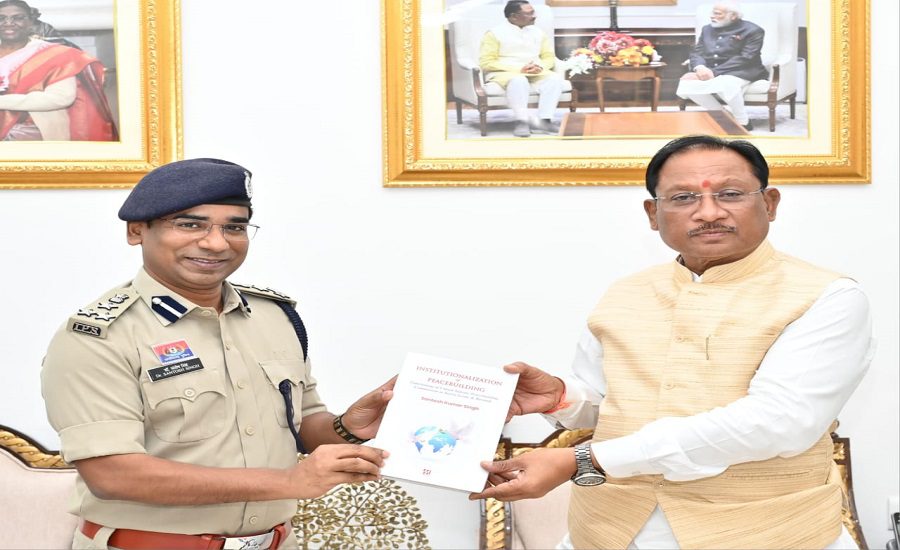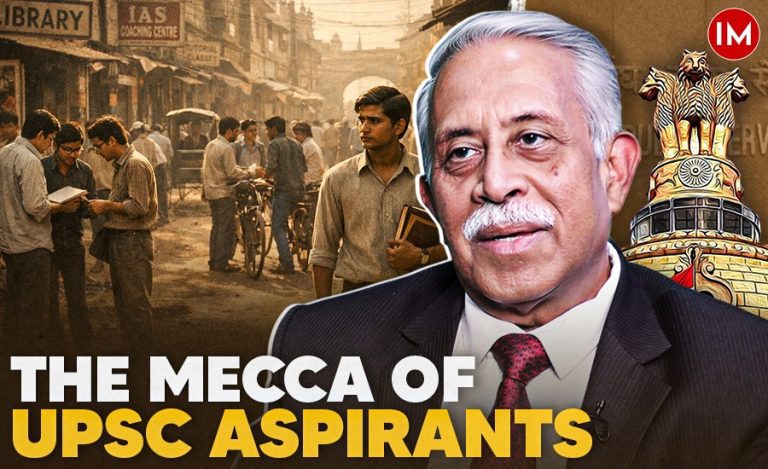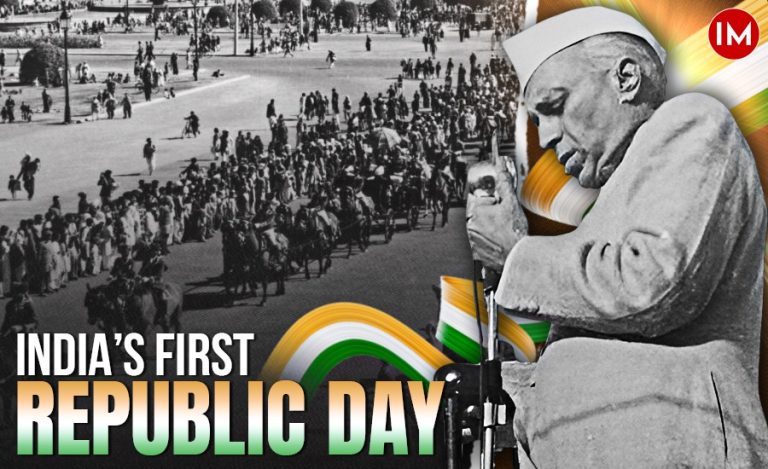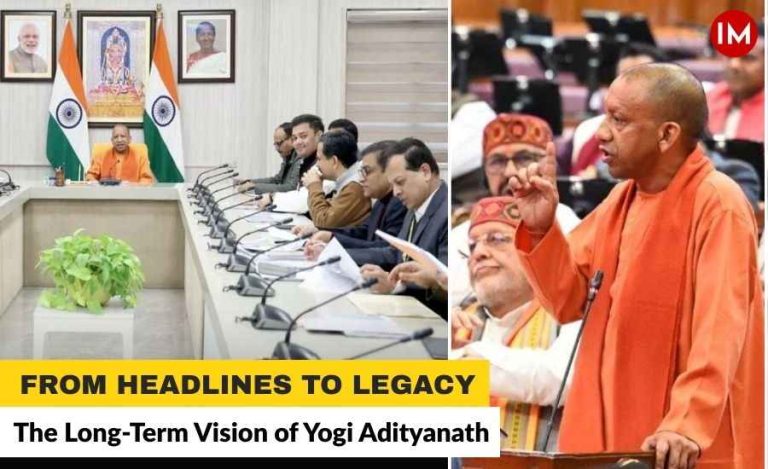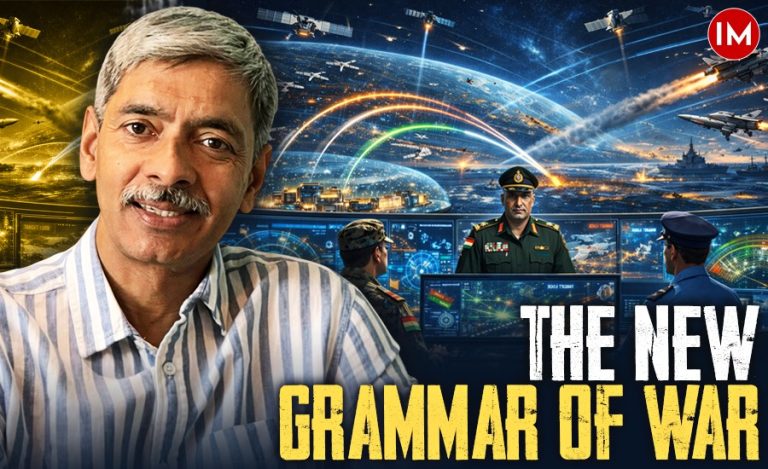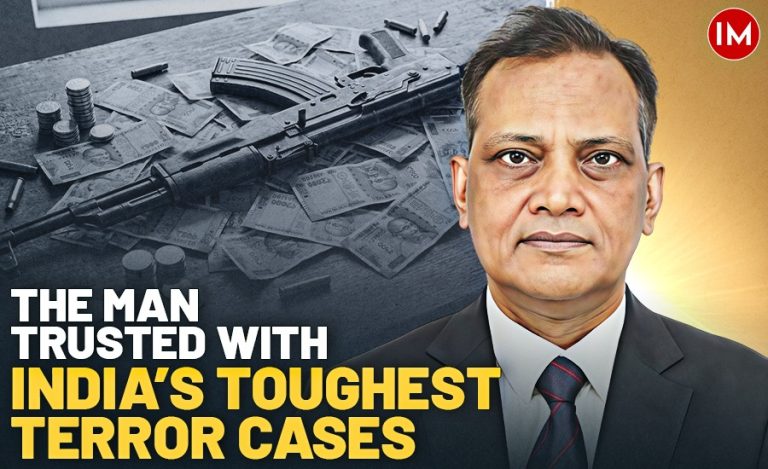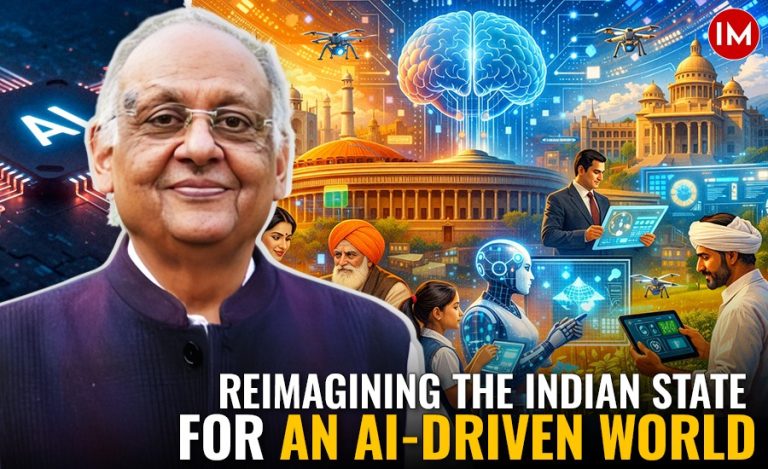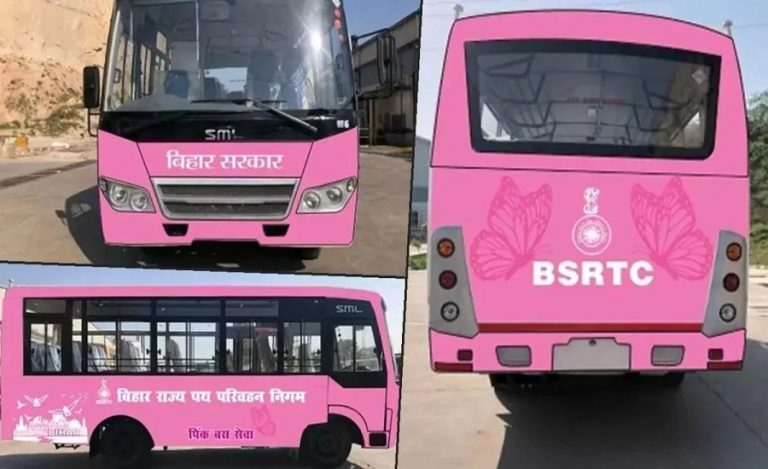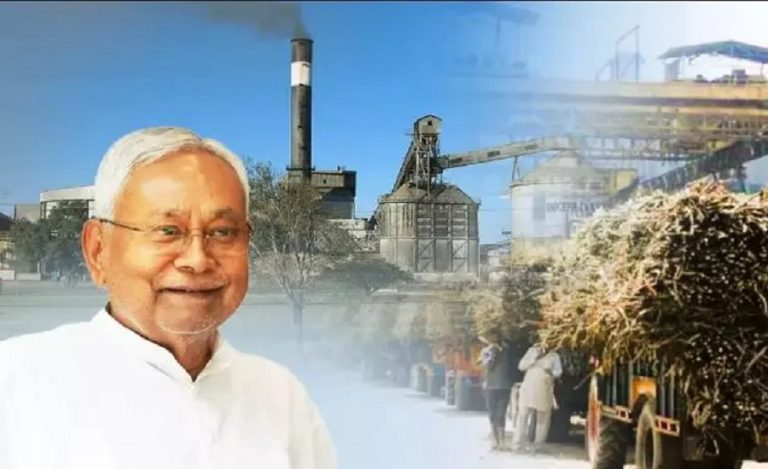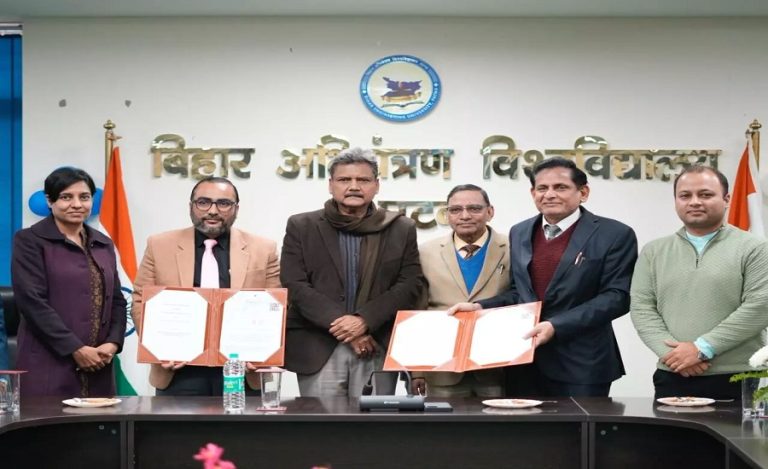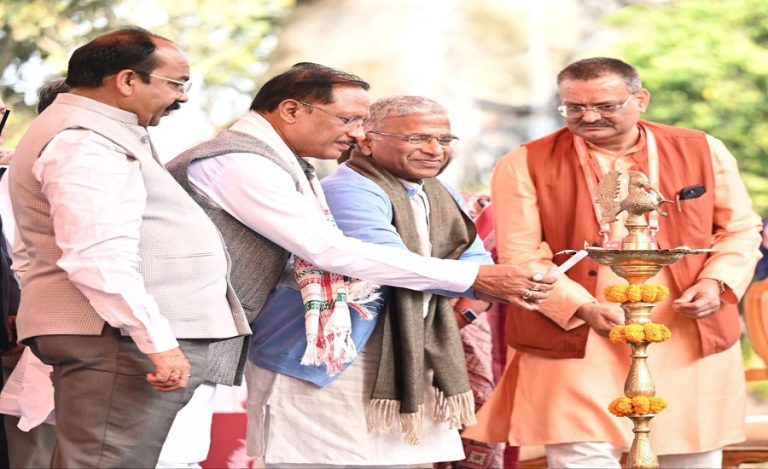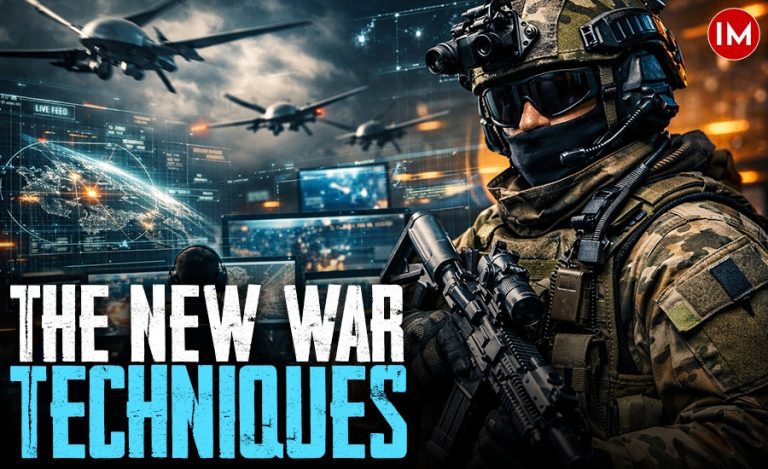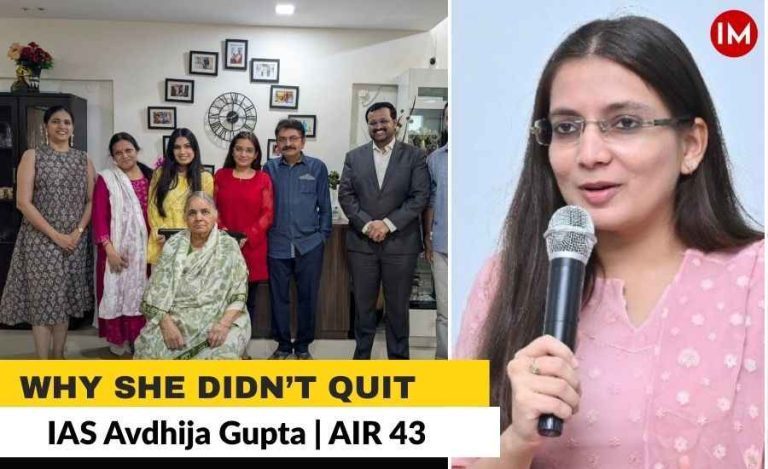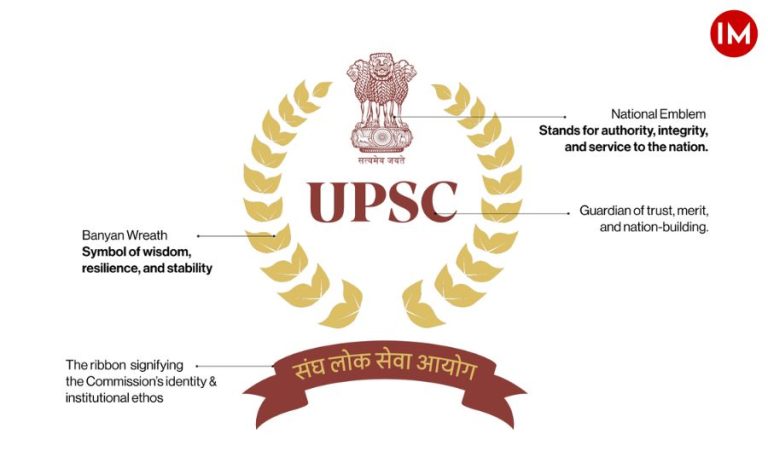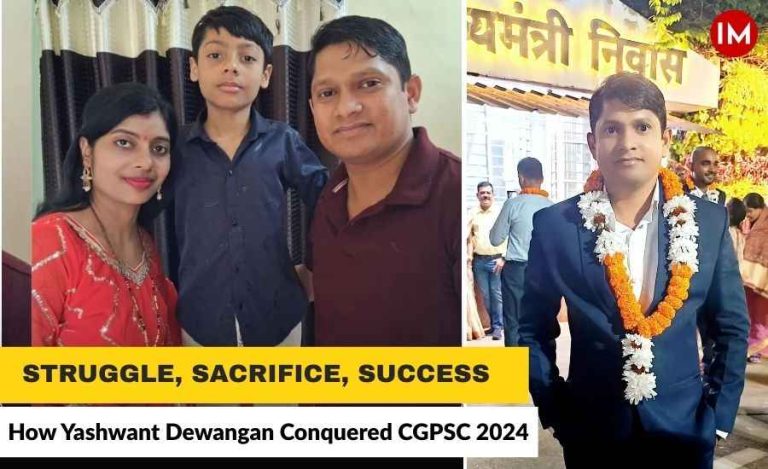In the realm of Indian policing, where duty and discipline dominate everyday life, it is rare to find an officer who stands out equally for intellectual depth and academic contribution. IPS Dr Santosh Kumar Singh, a 2011-batch officer of the Chhattisgarh cadre and presently serving as DIG, CCTNS/SCRB, is one such exceptional personality. Known for his sharp administrative acumen, his passion for international relations, and his commitment to academic excellence, Dr Singh has once again drawn national recognition through his new book, “Institutionalization of Peacebuilding”, published by Manak Publications, one of India’s most reputed academic publishers.
The book, rooted in rigorous research on the United Nations’ evolving peacebuilding framework, is already being regarded as a significant scholarly contribution to the fields of international relations, UN studies, and peace & conflict discourse. It stands as a testament not only to Dr Singh’s intellectual rigour but also to the growing scholarly presence of the Chhattisgarh Police on the national stage.
Indian Masterminds interacted with Mr. Singh to learn more about his book, his inspiration, and the remarkable journey behind it.
A Proud Moment for Chhattisgarh: Book Presented to Chief Minister and Dignitaries
Dr Singh formally presented the book to Chief Minister Vishnu Deo Sai, Speaker of the Chhattisgarh Legislative Assembly Dr Raman Singh, and Director General of Police Arun Dev Gautam. The moment symbolised the recognition of an IPS officer whose work transcends policing and enters the realm of global diplomacy and peace studies.
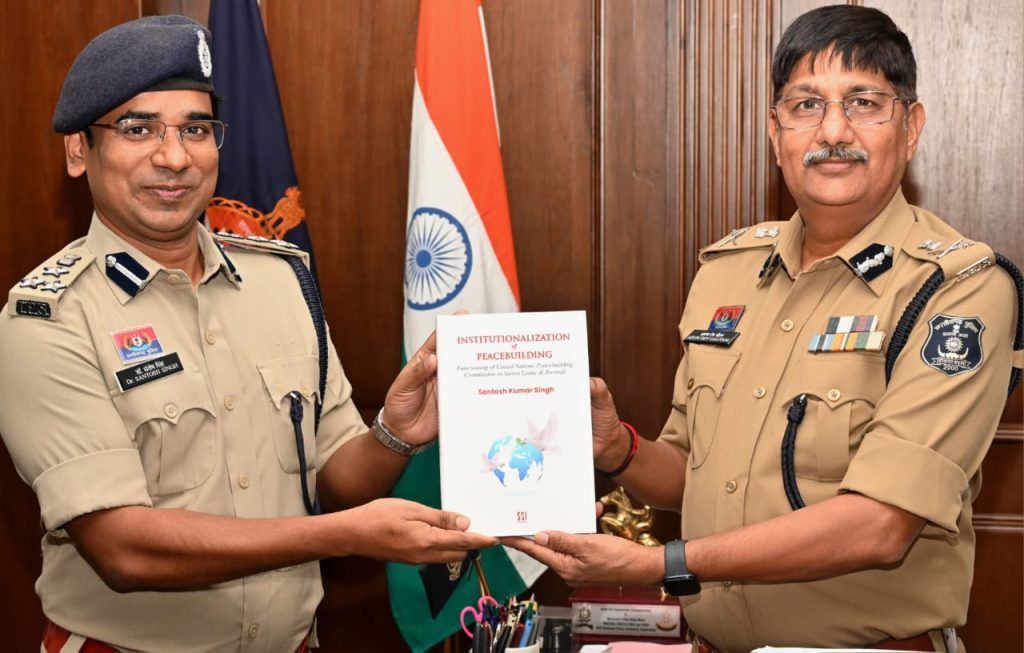
Understanding the Book: A Deep Dive into Modern UN Peacebuilding
“This book is about the United Nations’ peacebuilding works – how peacekeeping has evolved into long-term peacebuilding after the Cold War,” Dr Singh explained.
The work traces the transformation of UN operations from traditional peacekeeping to the more comprehensive frameworks of peacebuilding introduced in the 21st century. It examines how the UN Peacebuilding Commission (est. 2005) has shaped global responses to conflict recovery – strengthening fragile states, reforming institutions, supporting governance structures, and helping societies rebuild after war.
Drawing extensively on post-Cold War international experiences, Dr Singh blends theory with field realities, offering a comparative analysis of peace models across continents. This makes the book invaluable for:
- Students of international relations and peace & conflict studies
- Policymakers, think tanks, and foreign policy experts
“It’s a reference book – useful for UPSC aspirants, foreign policymakers, and international relations students. I wrote it with them in mind,” he said.
India’s Legacy in Peacekeeping Highlighted
A crucial part of the book sheds light on India’s proud legacy as a global peace contributor. India is the third largest contributor to UN peacekeeping forces and has participated in 49 missions since 1950, sending nearly 2,00,000 peacekeepers, including senior Indian police and military officers.
As an IPS officer who understands both domestic and international security, Dr Singh highlights the relevance of such work:
“As police and military officers, we often go on UN peacekeeping missions. National and international peace are connected – this book reflects that connection.”
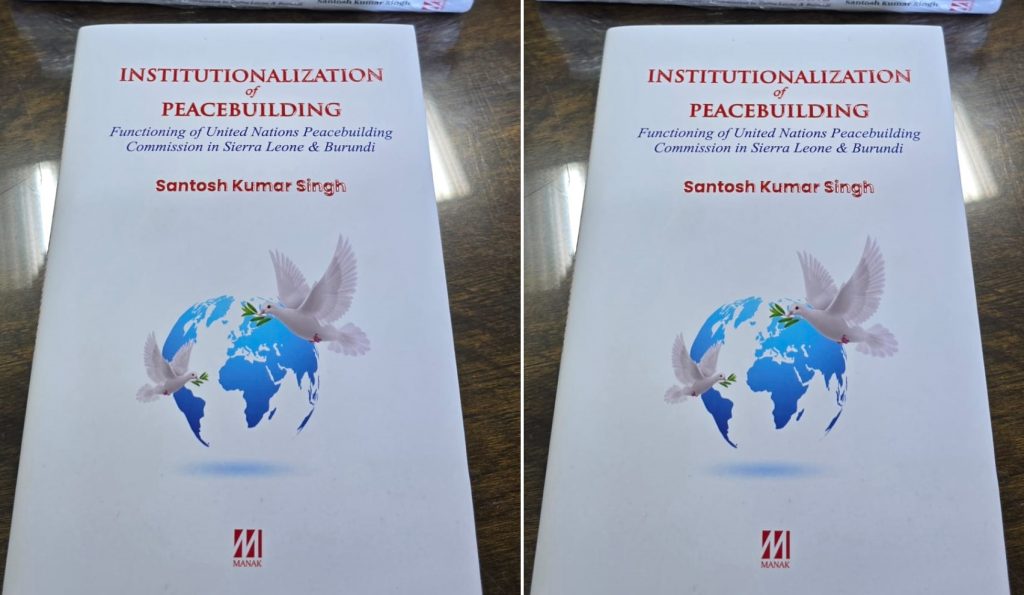
A Scholar in Uniform: Dr Singh’s Academic Journey
Beyond policing, Dr Santosh Singh has always been deeply rooted in academics. He holds –
- PhD – Hemchand Yadav University, Durg
- MPhil in International Relations – Jawaharlal Nehru University (JNU), New Delhi
- MA in Political Science – Banaras Hindu University (BHU), Varanasi
During his MPhil at JNU, he wrote an acclaimed dissertation on developing nations’ participation in the UN Security Council, and his doctoral work focused on UN peacekeeping efforts, closely related to the subject of his current book. He has also published many research papers in national and international journals, bridging the worlds of academics and policing.
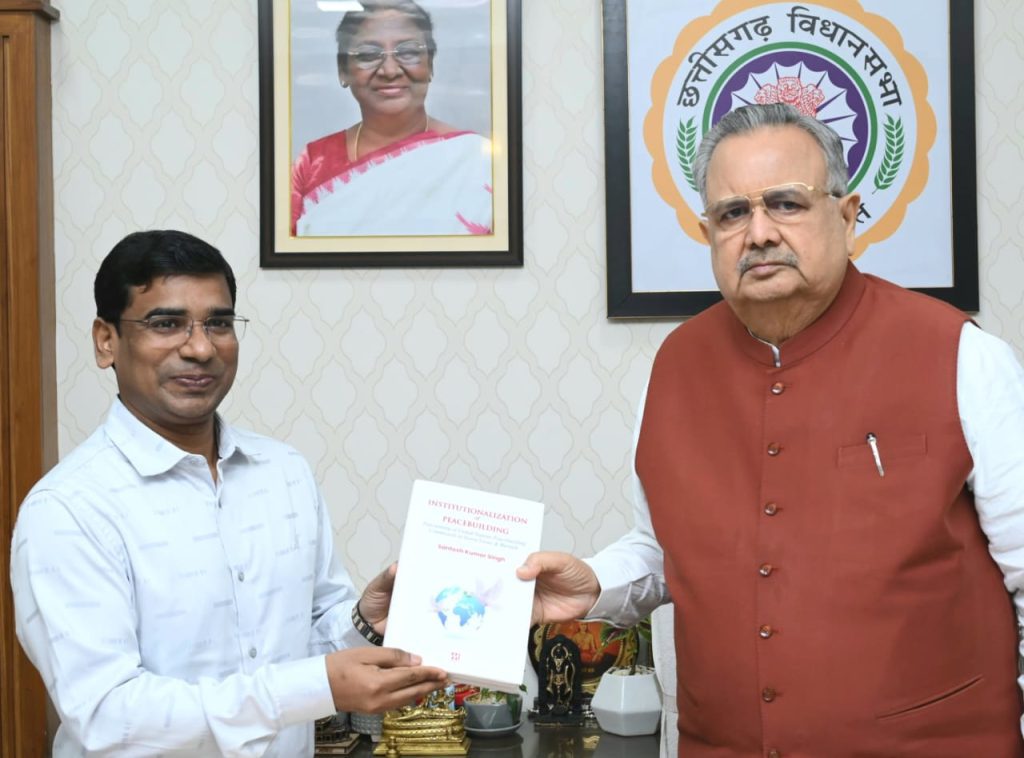
“Writing Is My Interest… It Took One and a Half Years”
Speaking with Indian Masterminds, Dr Singh shared candid insights into his writing journey.
“It took one and a half years to write the book. Writing has always been an interest of mine. I used to work on my PhD even during service – little by little, I found the time.”
He explained that although the PhD and the book are aligned in subject, the format, structure, and purpose of the book required fresh effort.
“A thesis is different; a book needs a different structure. It took time, but because of my interest, it became possible.”
Life Beyond the Book: A Busy Police Career
Alongside his academic pursuits, Dr Singh has had an extensive policing career. He has served as SP/Senior SP across nine districts of Chhattisgarh, handling a wide range of law-enforcement responsibilities.
Currently posted at the Police Headquarters in Raipur, he oversees the state’s CCTNS project and Crime Records Bureau, strengthening digital policing systems.
Yet, despite a demanding career, he continues to read, attend webinars, deliver lectures, and write academic articles.
“Online lectures make it easier. I regularly speak at universities on peacebuilding, peacekeeping, and policing. I want to keep learning and contributing.”
Availability of the Book
Dr Singh’s book is currently available on Flipkart, and will soon be listed on Amazon. It is already being recommended for students, researchers, and practitioners across fields of peace studies and international relations.
A Book for the Future of Peace and Policy
The book’s concluding sections explore the evolution of peace operations – from Cold War peacekeeping to modern peacebuilding shaped by intra-state wars, civil conflicts, and state collapse. It analyses the roles, limitations, and structural challenges of the UN Peacebuilding Commission.
This makes the book a comprehensive resource for understanding how global peace efforts are institutionalised and sustained.
A Policeman, A Scholar, A Global Thinker
IPS Dr Santosh Singh’s Institutionalization of Peacebuilding is more than a book – it is a scholarly bridge between policing and international peace efforts. It reflects the intellect of an officer who has balanced a demanding career with extensive academic pursuit, contributing meaningfully to both national service and global understanding.
As the nation celebrates this achievement, Dr Singh’s words remain a fitting reminder of what drives his work: “It’s all because of interest. When you love the subject, you always find time. And peace – national or international – is something we all must understand.”
His journey stands as an inspiring example of how a police officer can also be a thinker, researcher, and voice in global peace discourse.

